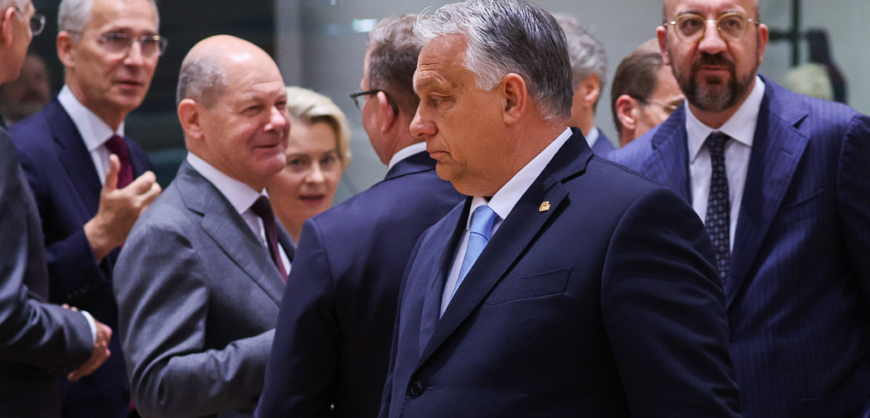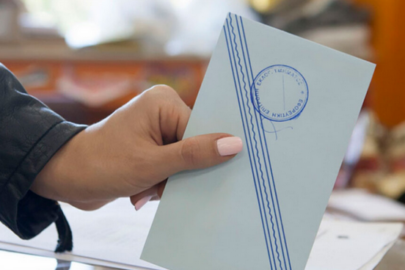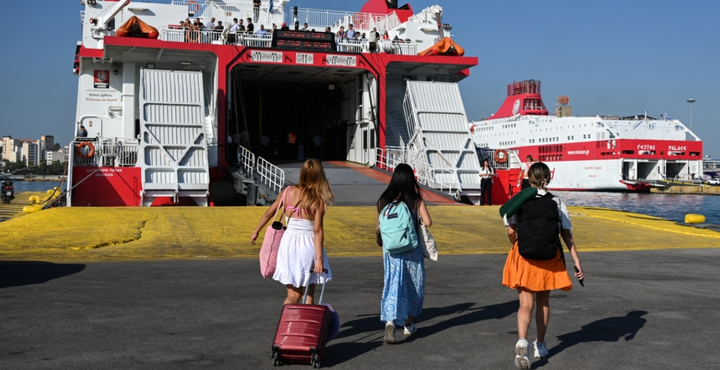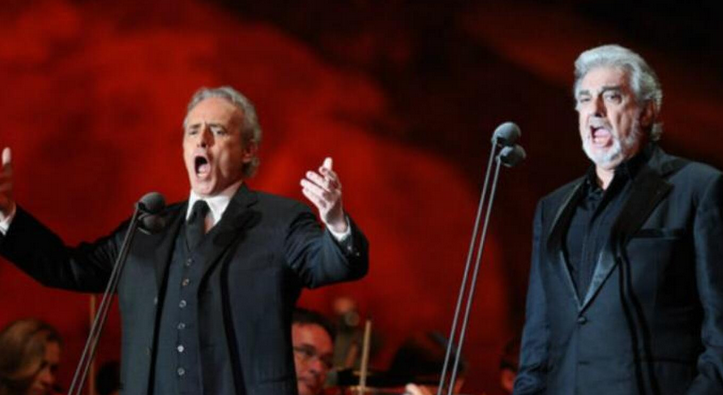With the issue of migration and its management being the biggest “thorn” due to the obstacles put up by Hungary and Poland, the second day of the EU 27 Summit continues today.
The two countries have insisted on their objections to the agreement in principle reached a few days ago between the EU ministers responsible, which provides the following after seven years of stalemate:
-1st Control of the EU’s external borders by the frontline Member States (Greece, Italy, Spain, Portugal, Malta)
– 2nd A compulsory solidarity mechanism. That is, any second-line Member State that does not accept on its territory migrants/refugees from another Member State (e.g. Hungary does not accept asylum seekers from Greece) will pay 20.000 euros per person
Due to reactions from Budapest and Warsaw, the conclusions text was blocked as they require that the reception of asylum seekers arriving at the EU’s external borders be done on a voluntary basis, according to documents obtained by the German News Agency.
As an adviser to Hungarian Prime Minister Viktor Orbán tweeted late last Thursday night, “The Polish-Hungarian duo is fighting and resisting together.”
Meanwhile, Italy and Austria have put together a common front so that firstly, the European Council’s wording calls for a strict guarding of Europe’s external borders and secondly, for immediate assistance to frontline member states.
€12 billion for migration on the table
On the first day of the European Council meeting, the “27” and the European Commission focused on attempting to agree on the exact amount to be paid to prevent the illegal entry of migrants into the EU and at the same time to facilitate the legal entry of refugees and their resettlement within the EU Member States.
More than €10 billion will be earmarked for third countries, i.e. countries neighbouring the EU, such as Turkey, Libya and Tunisia, to prevent the movement of people who do not have legal documents and therefore detain them on their territories, and another €2 billion to help EU Member States at the frontline of the migration crisis, such as Italy, Greece, Spain and Malta.
Member states have been divided between those calling for strong messages against neighbouring states facilitating migratory flows and those calling for greater cooperation. Germany, for example, wants not only more money to be given to neighbouring states, such as Turkey, which host huge numbers of migrants but also to lure Ankara into updating the EU-Turkey customs union. The issue of Turkey is interesting as EU member states want better cooperation with President Erdogan, but they are setting as a basis for further negotiations the need to normalise Ankara’s relations with Athens and Nicosia.



































